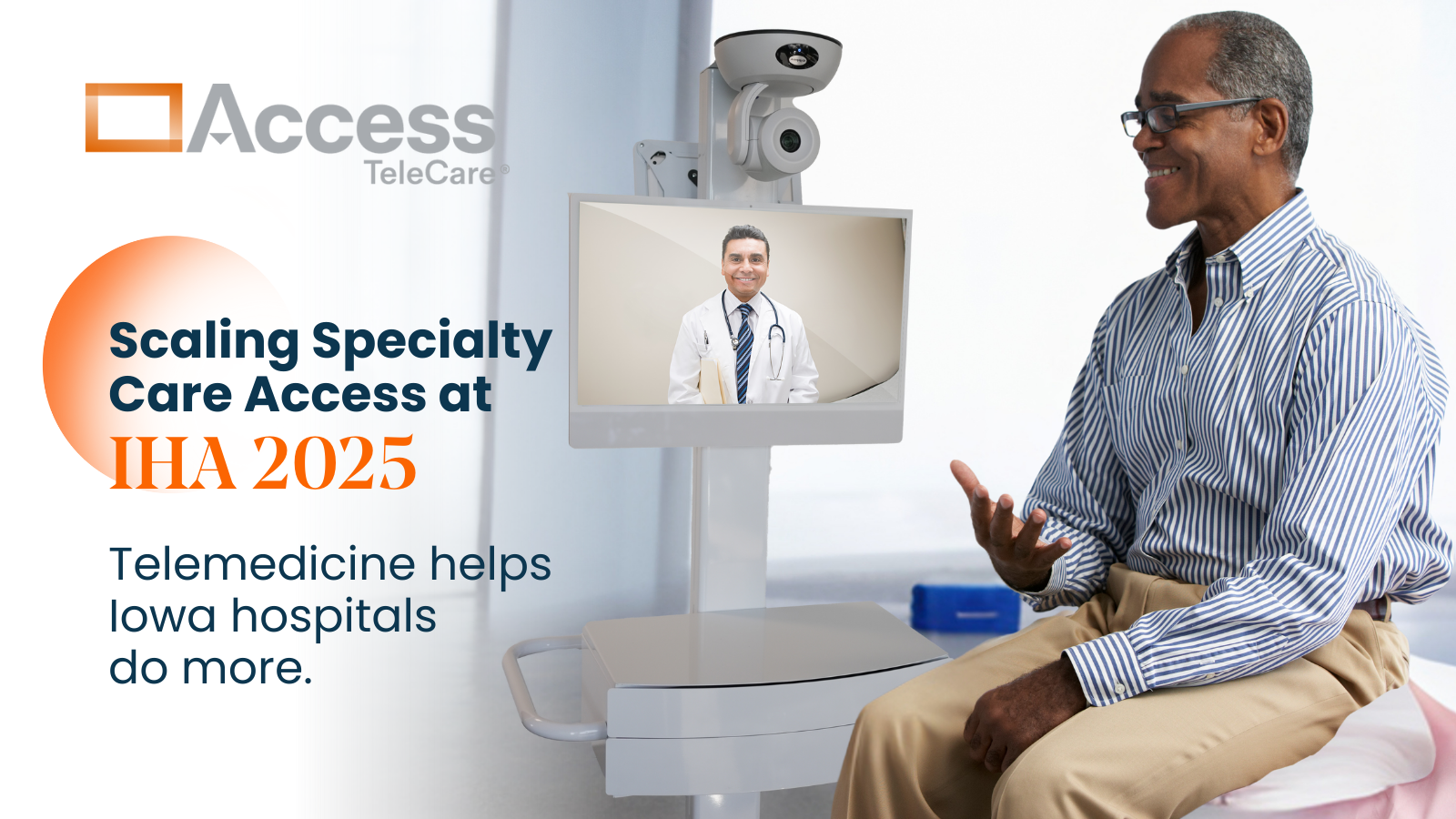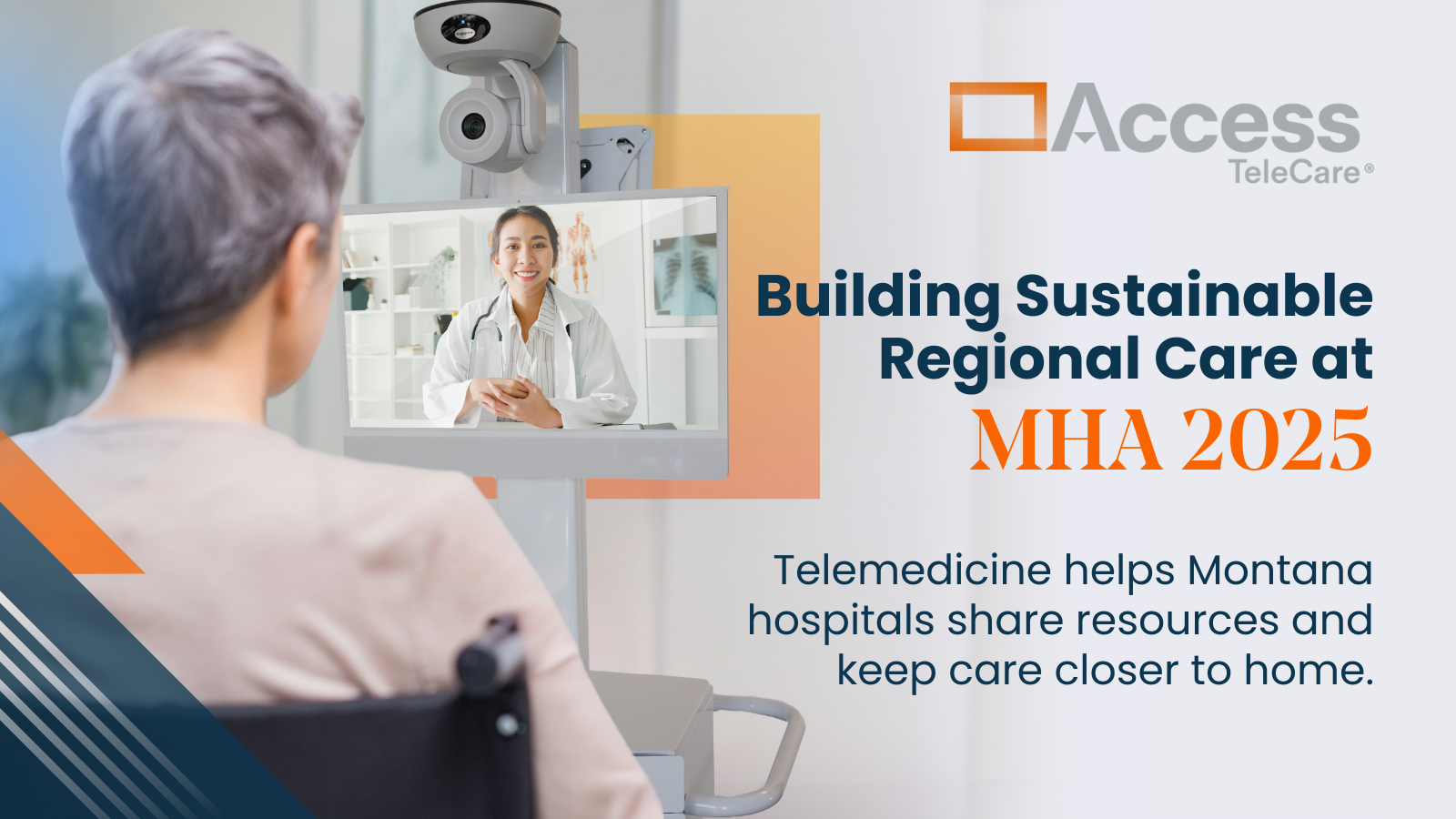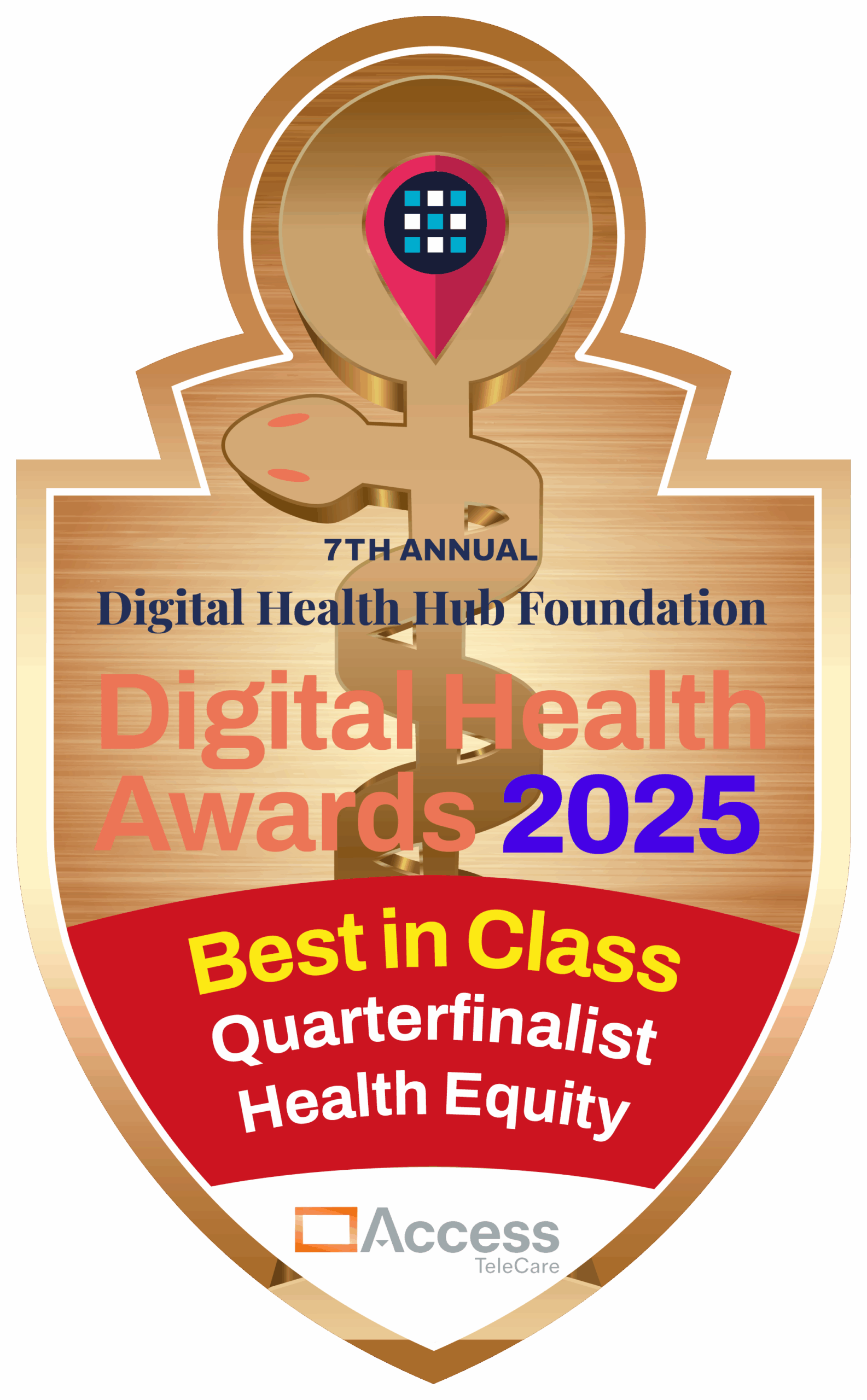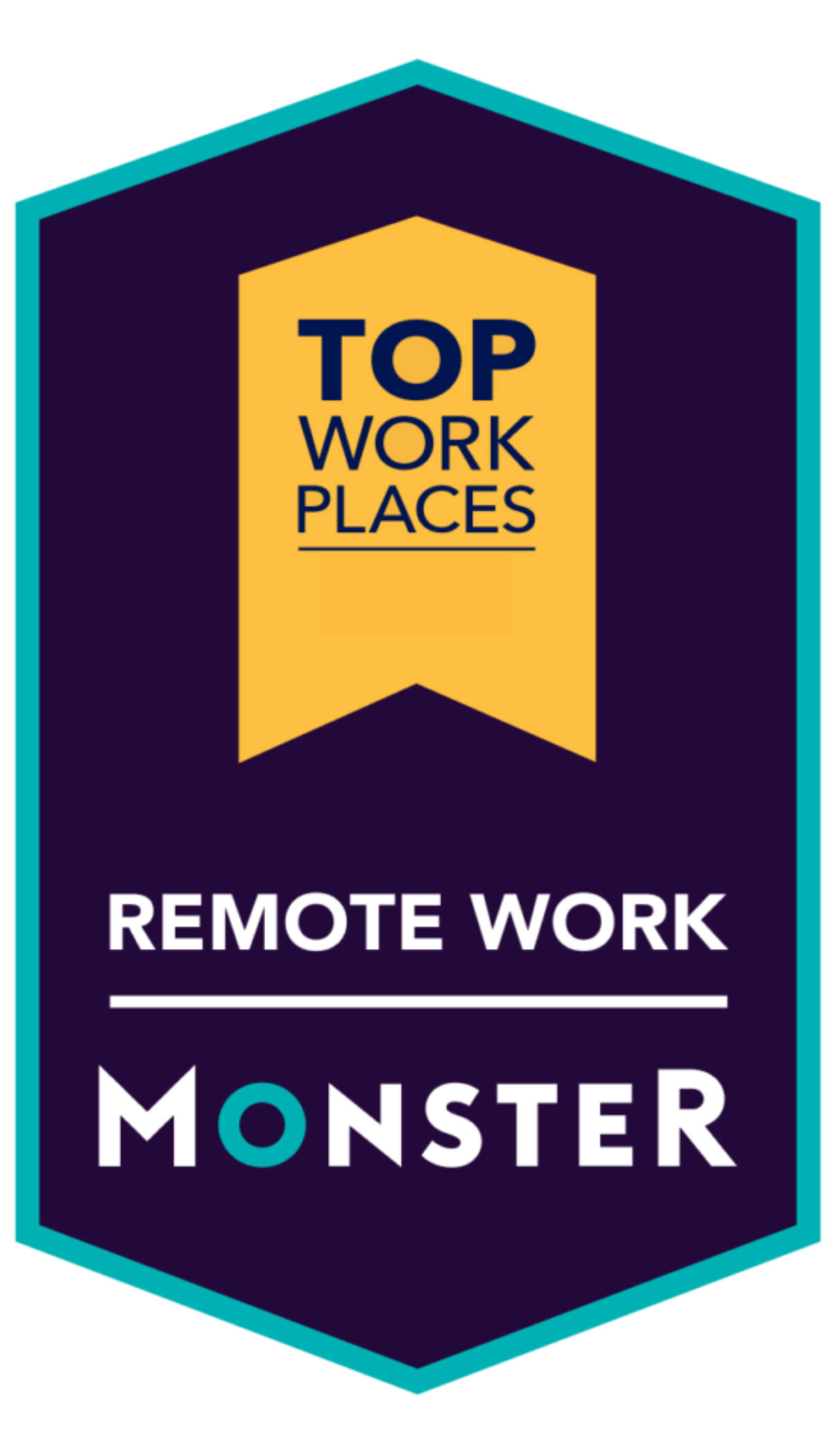Amid the COVID-19 pandemic, nocturnists’ (hospitalists who cover night shifts) already-vital role was enhanced, ensuring uninterrupted care for patients and continued emergency department-to-hospital throughput. In some cases, nocturnists’ heightened responsibilities and stress accelerated burnout and decreased job satisfaction.
Today, as the need for nighttime hospitalist coverage is well-established, Access TeleCare is partnering with hospitals to transform the way the need is addressed and to alleviate hospitalist burnout.
24-Hour Hospitalist Coverage With Telemedicine
The pandemic highlighted the critical role of nocturnists in managing acute care, coordinating resources, and ensuring continuity of care for patients. Hospitalists who provide nighttime coverage are indispensable in addressing increased patient load, managing nighttime emergencies, and reducing the burden on their daytime counterparts. They are also key to ensuring smooth handoffs between daytime and nighttime shifts. This coordination between nocturnists and daytime hospitalists is crucial for excellence in patient outcomes and is central to Access TeleCare’s hospitalist programs.
“It’s helpful to the hospital to have familiar faces everywhere, so the daytime hospitalists are much happier,” said Dr. Sulur. “I can guarantee hospitalists who get nighttime coverage from nocturnists at Access TeleCare never want to go back to the way it was before.”
Addressing Hospitalist Burnout
As frontline providers during the COVID-19 pandemic, hospitalists managed a heavy load of critically ill patients, the need for rapid implementation to new clinical protocols, and a high risk of exposure to a highly infectious, sometimes deadly, virus. Taken together, these circumstances took a physical and emotional toll on hospitalists, leading to sustained rates of burnout and turnover.
Telemedicine allows nocturnists to support hospitals and patients from a stable work environment, often in their own homes, without the need for constant travel and adaptation to new settings. This can lead to a more balanced lifestyle and improved job satisfaction, as well as less turnover for the hospital, and an increase in patient satisfaction.
“If you’re going to do nocturnist work, doing it from a home office environment is far more sustainable in the long run,” said Paulgun Sulur, M.D., Access TeleCare’s hospitalist service line chief.
Telemedicine as a More Effective Alternative to Locum Tenens
As surges in volume and acuity struck different parts of the country at different times during the pandemic, many hospitalists took on locums work, filling gaps in care when and where needed. These roles placed even greater stress on hospitalists, requiring them to travel away from family, live out of hotels, and drop into unfamiliar hospital environments on short notice.
“When we were in the middle of the pandemic, it was an absolute emergency,” said Dr. Sulur. “When the dust cleared, I think what we started seeing is a need for longevity, predictability, consistency, and familiarity.”
Practicing acute care telemedicine at Access TeleCare presents an opportunity for nocturnists to fill a critical coverage need for hospitals without the drawbacks of locum tenens work.
Access TeleCare offers a supportive, collaborative, and flexible work environment with a strong emphasis on physician well-being. Telemedicine enables nocturnists to provide high-quality care remotely, thus allowing them to support hospitals, deliver excellent and uninterrupted patient care, and care for themselves.
Find out more about an Access TeleCare teleHospitalist career.









